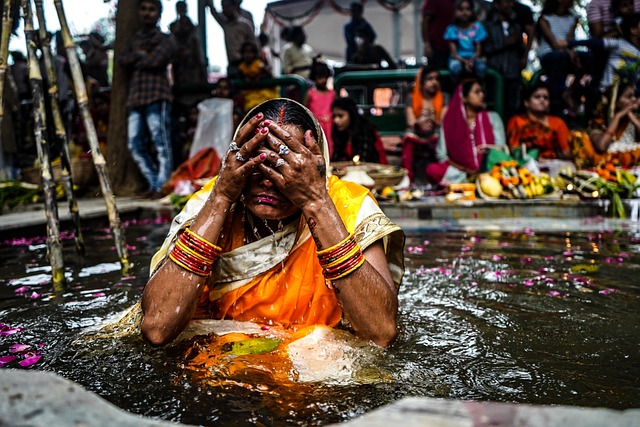Throughout history, dawn has held a profound significance in various religious traditions around the world. The early hours of the morning, imbued with the soft light of the rising sun, serve as a potent symbol of renewal, hope, and spiritual awakening. This sacred time is often referred to as dawn devotion, representing not only the physical act of prayer and meditation at sunrise but also a deeper commitment to personal and communal spiritual growth.
In many cultures, dawn devotion is a cherished ritual. For adherents of Hinduism, the time just before sunrise, known as Brahma Muhurta, is considered incredibly auspicious for spiritual practice. During these tranquil moments, practitioners engage in yoga, meditation, and chanting of mantras, fostering a profound connection with the divine. The stillness of dawn, accompanied by the soft sounds of nature awakening, creates an environment conducive to introspection and heightened awareness.
Similarly, in Buddhism, the practice of early morning meditation is emphasized as a way to cultivate mindfulness and clarity. Monks often rise before dawn to meditate, allowing them to start their day from a place of peace and centeredness. The practice underscores the belief that each day provides a new opportunity for enlightenment, underscoring the continuous journey towards spiritual awakening.
In Christianity, dawn devotion takes on a different yet equally significant form. Many believers engage in prayer and reflection at sunrise, viewing it as a time to invite God’s presence into their daily lives. The act of greeting the day through prayer symbolizes a commitment to living a life of faith, compassion, and service. Sunrise services are particularly popular during significant religious holidays, such as Easter, marking the triumph of life and resurrection.
Islam also places a strong emphasis on morning prayers. The Fajr prayer, performed at dawn, is one of the five essential daily prayers for Muslims. Awakening before the sun rises to engage in prayer is a moment of humility and devotion, reflecting one’s submission to Allah. This practice not only serves as a spiritual discipline but also fosters a sense of community as followers often gather in mosques to partake in this sacred ritual.
Across various traditions, the ritual of dawn devotion has a unifying theme: the opportunity for spiritual renewal. It is a practice that transcends cultural boundaries, embodying the universal quest for meaning and connection with something greater than oneself. Whether through meditation, prayer, or quiet reflection, the early morning serves as a reminder of the beauty of stillness and the transformative power of devotion.
Over time, the act of engaging in dawn devotion can lead to significant changes in one’s life. Many report feeling more grounded, centered, and connected to their spiritual path after committing to these early morning practices. The quietude of dawn acts as a canvas on which individuals can paint their intentions for the day, setting a positive tone that reverberates throughout their daily activities.
In an age where chaos and distractions often cloud our minds, the tradition of dawn devotion offers a refreshing perspective. It invites individuals to carve out a sacred space in their lives, where they can pause, reflect, and reconnect with their spiritual essence. By embracing the quiet beauty of dawn, we can awaken not just to a new day, but to the profound possibilities that lie within our hearts and souls.




